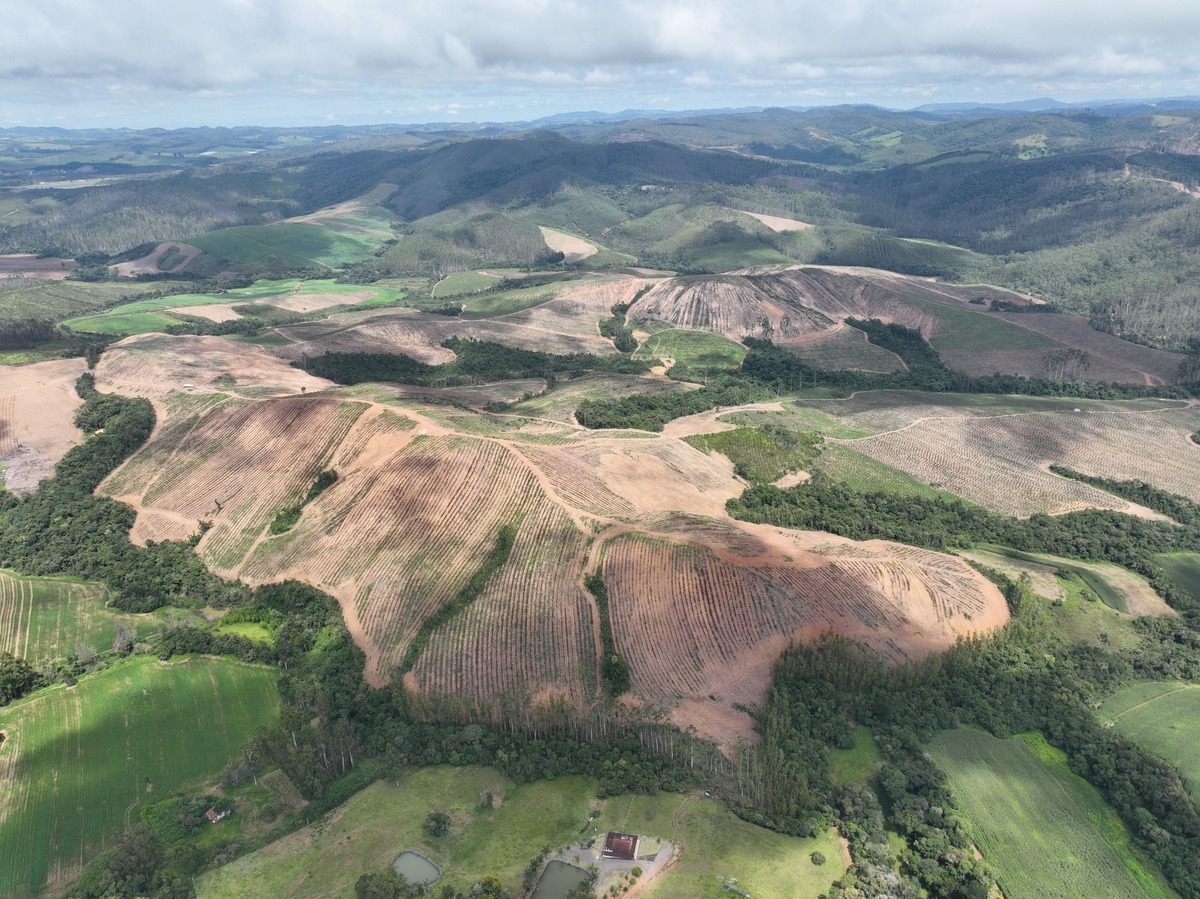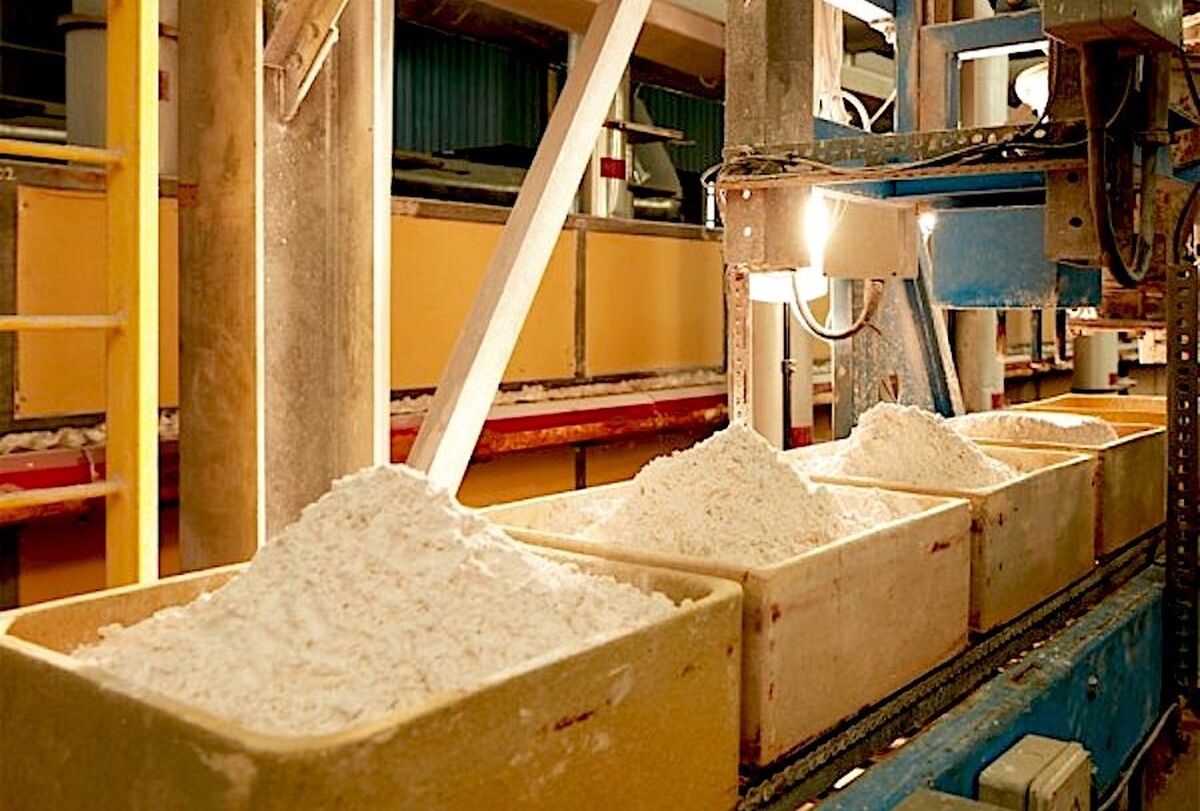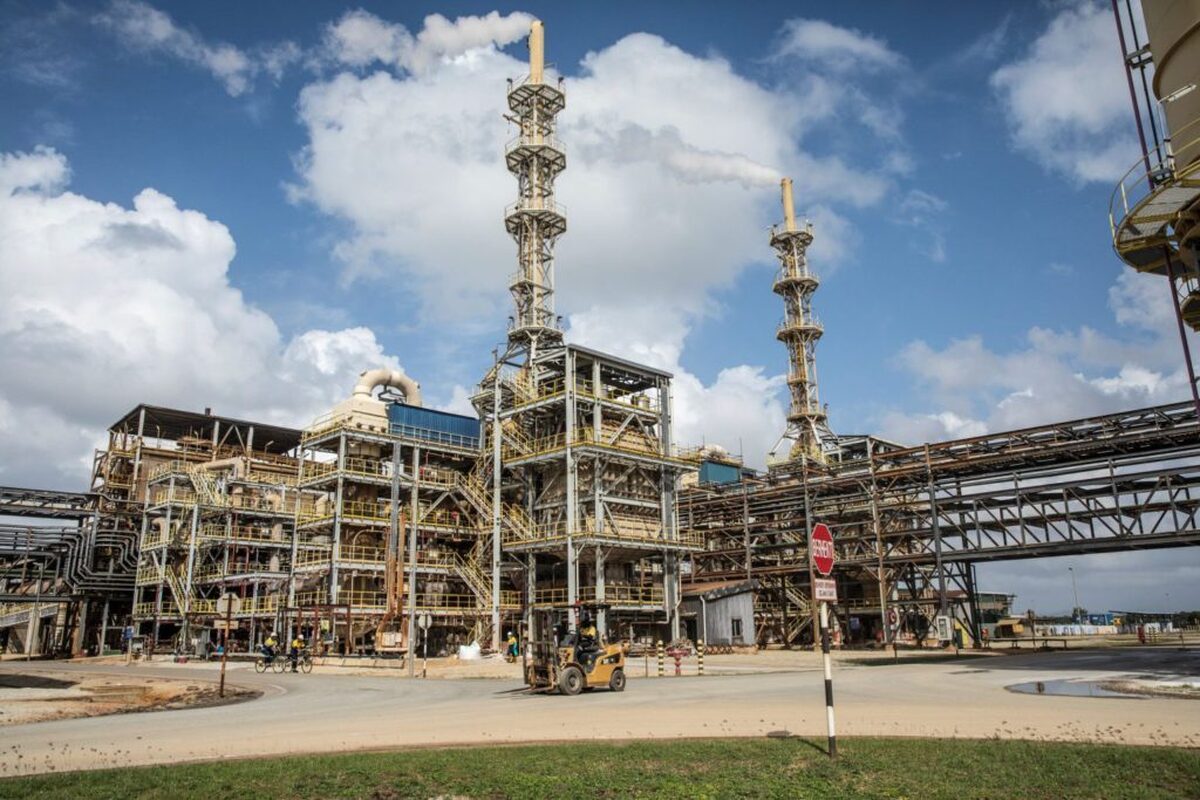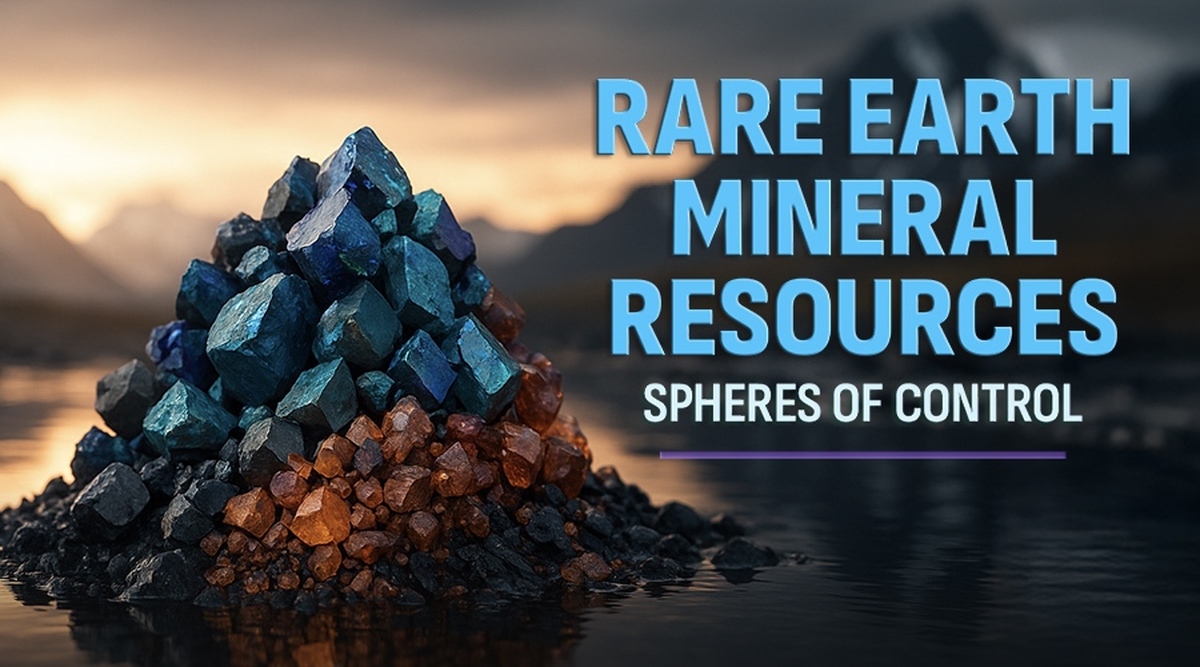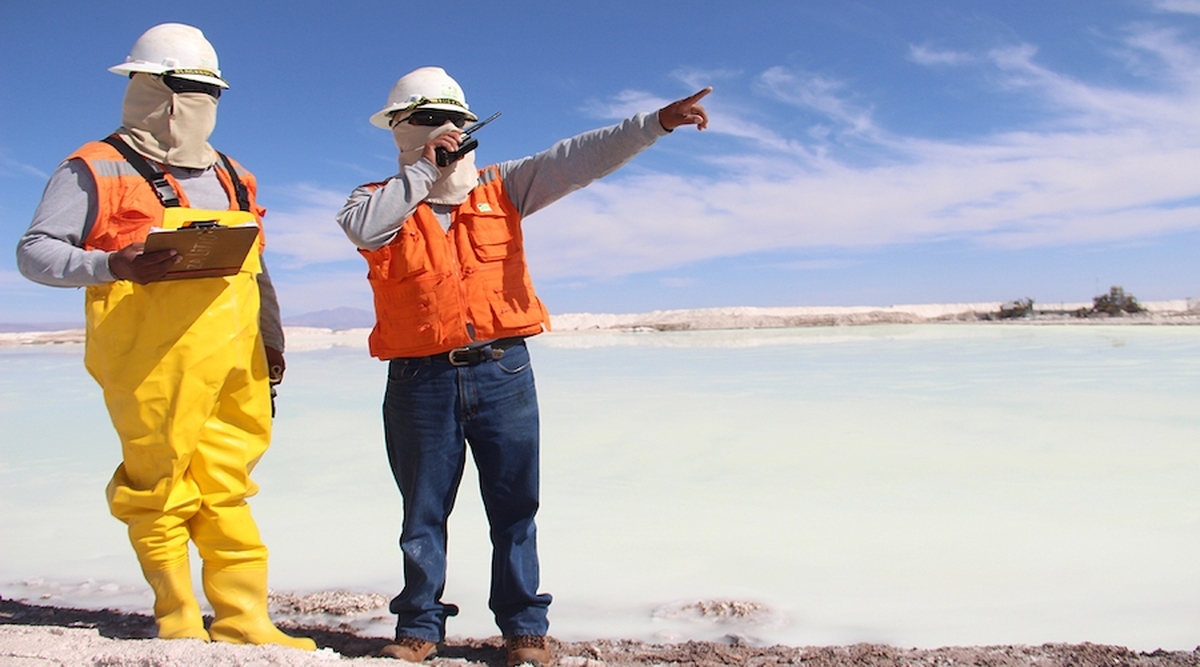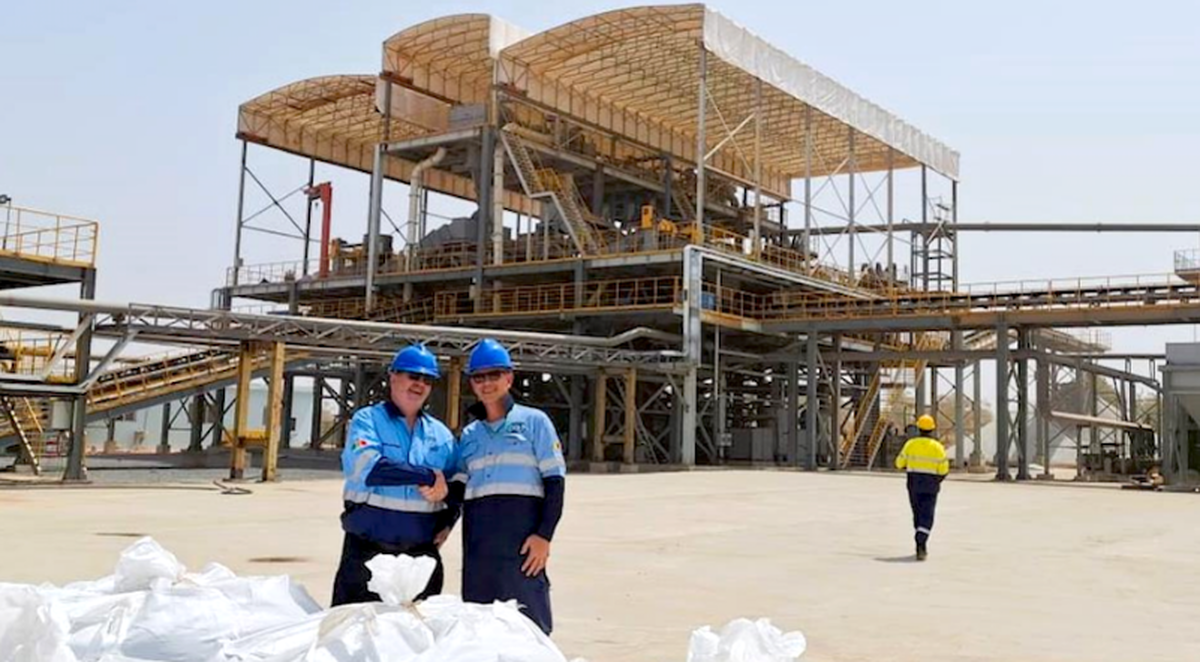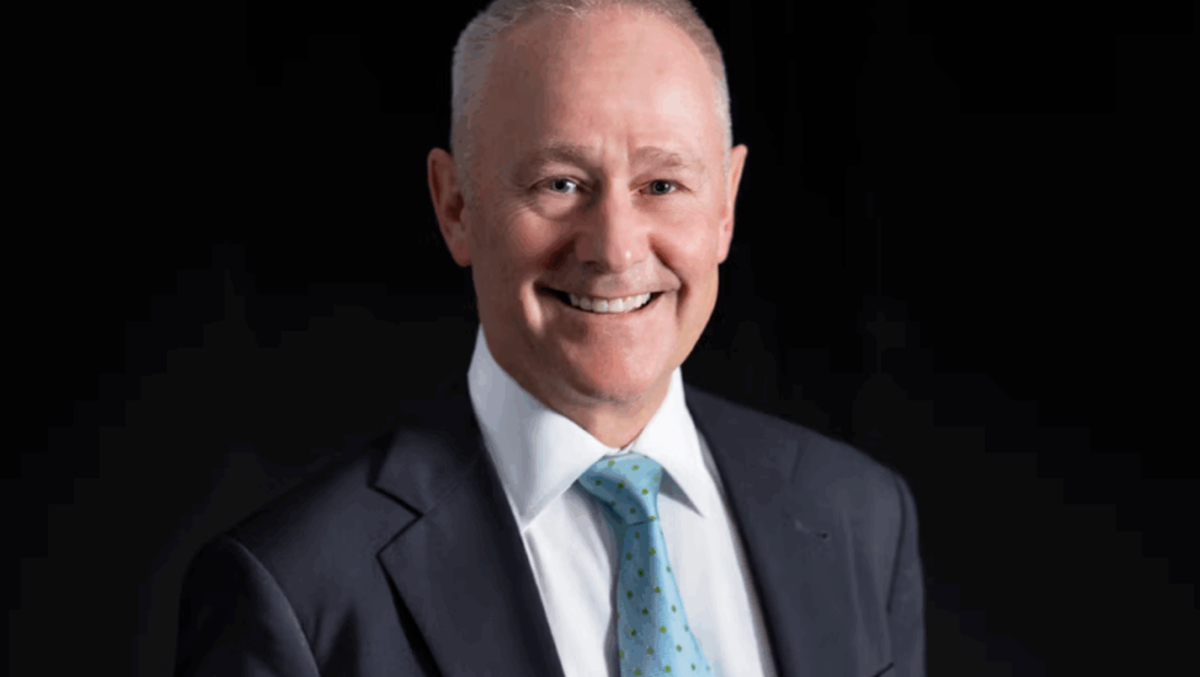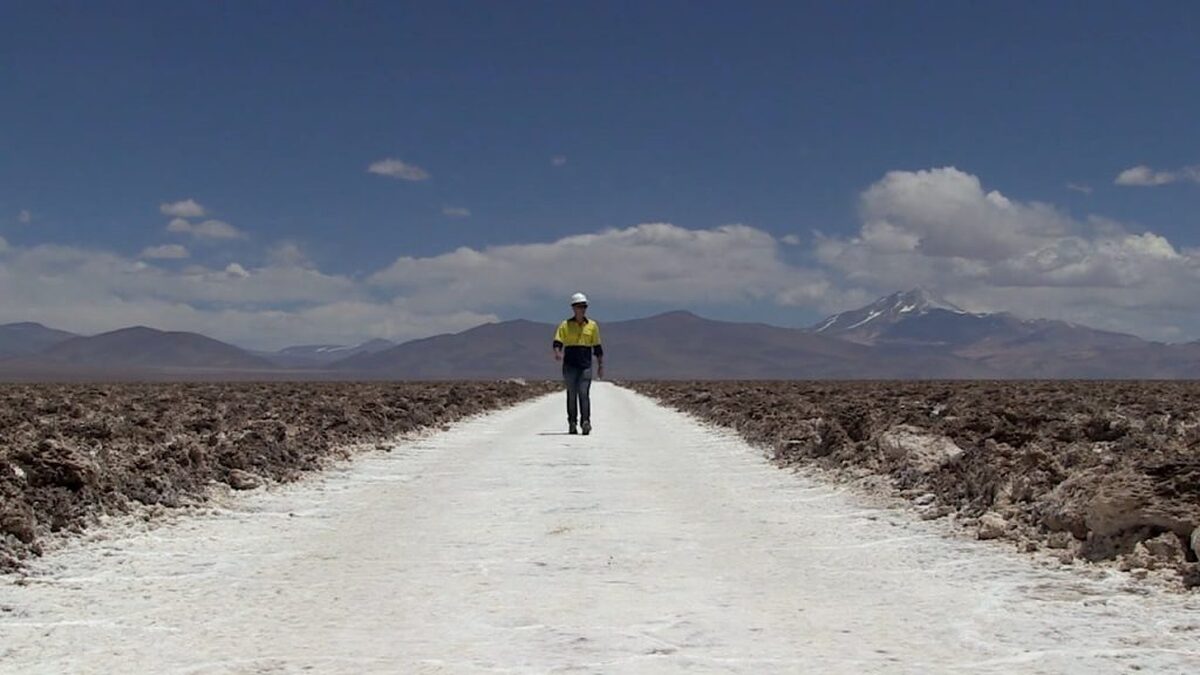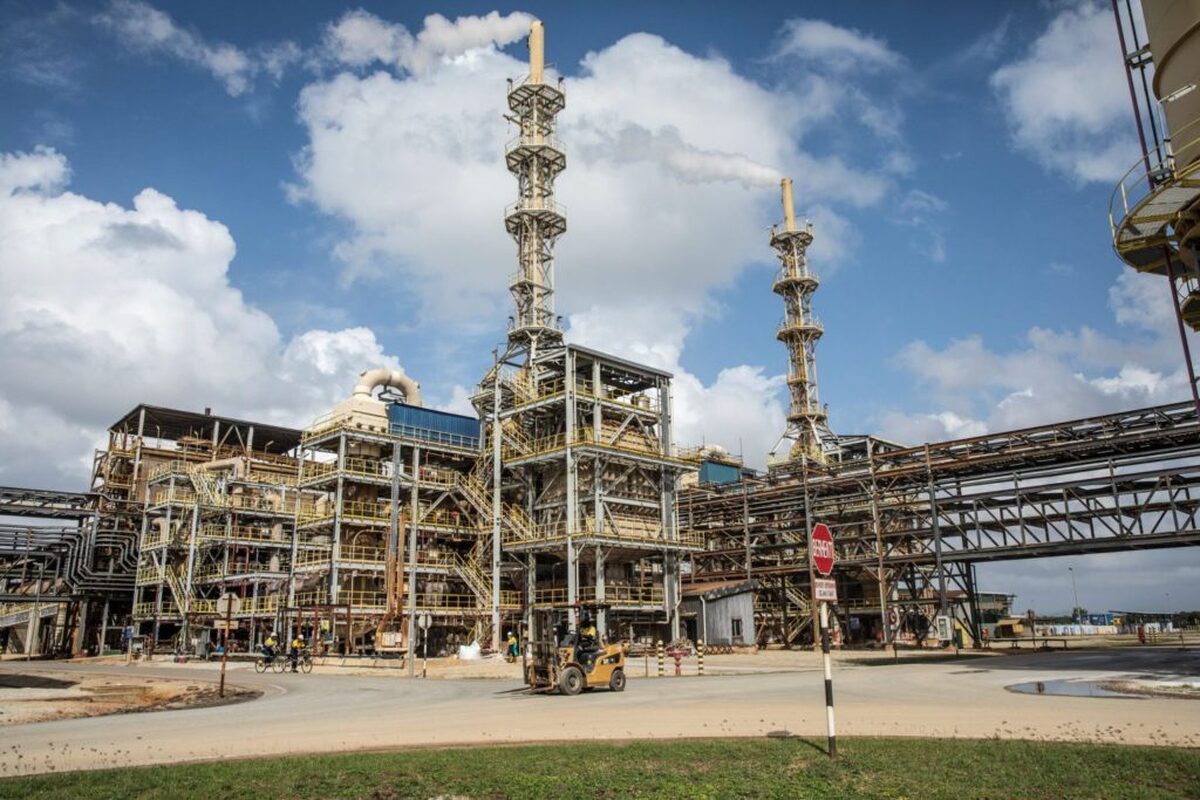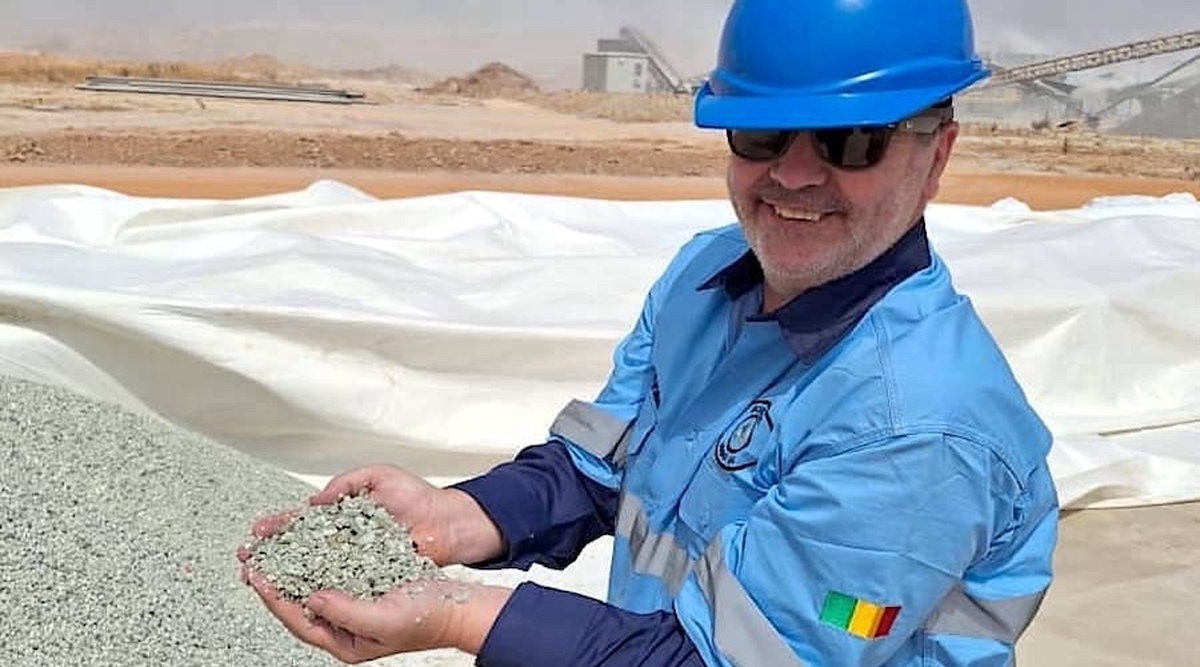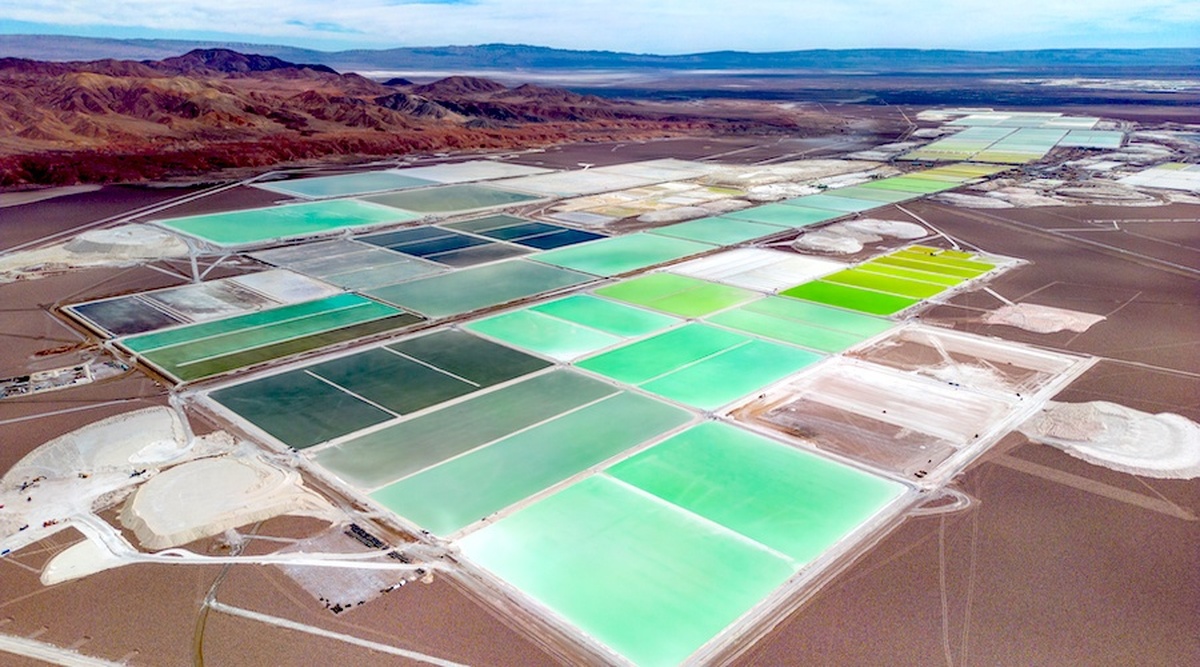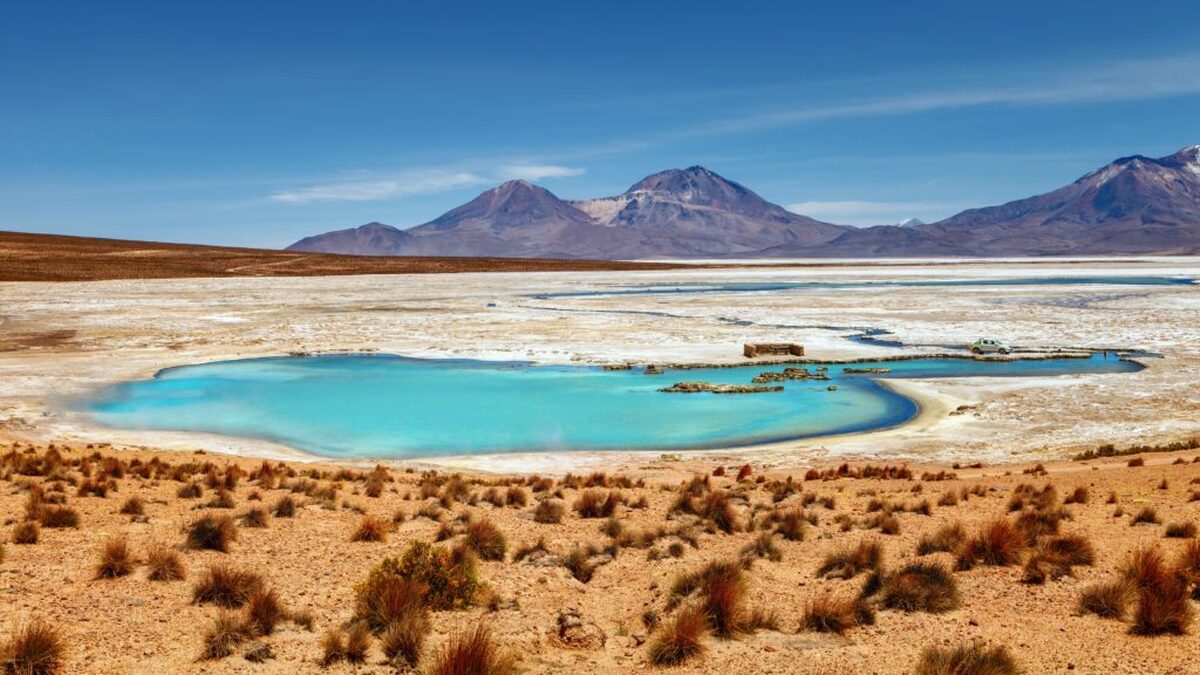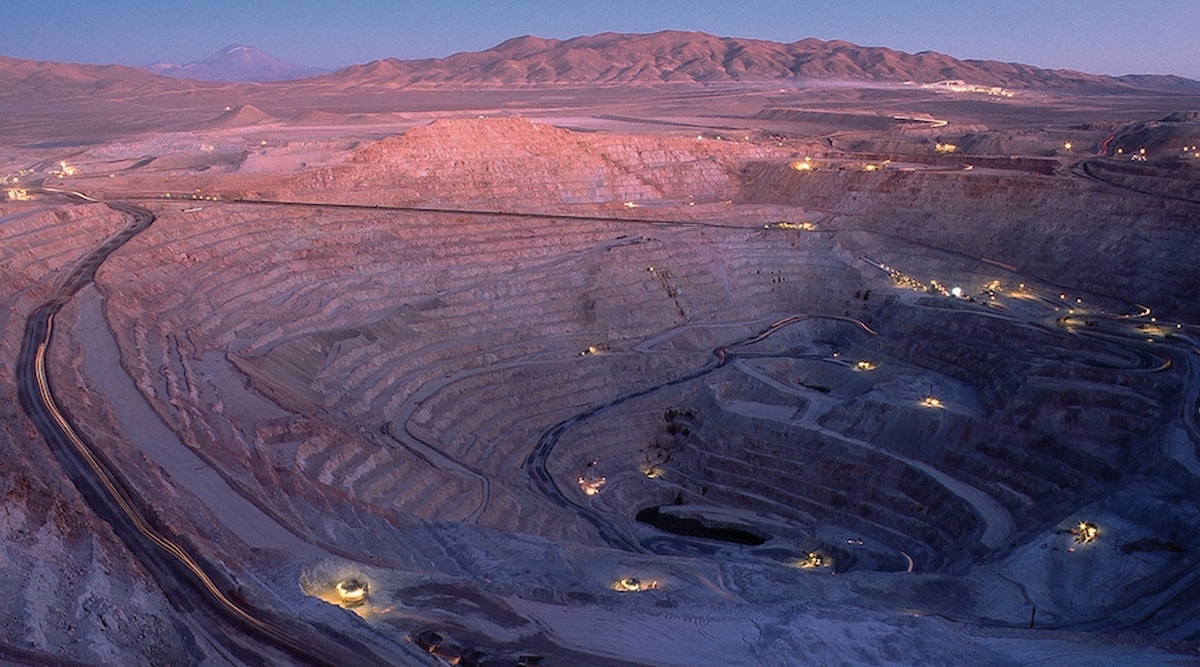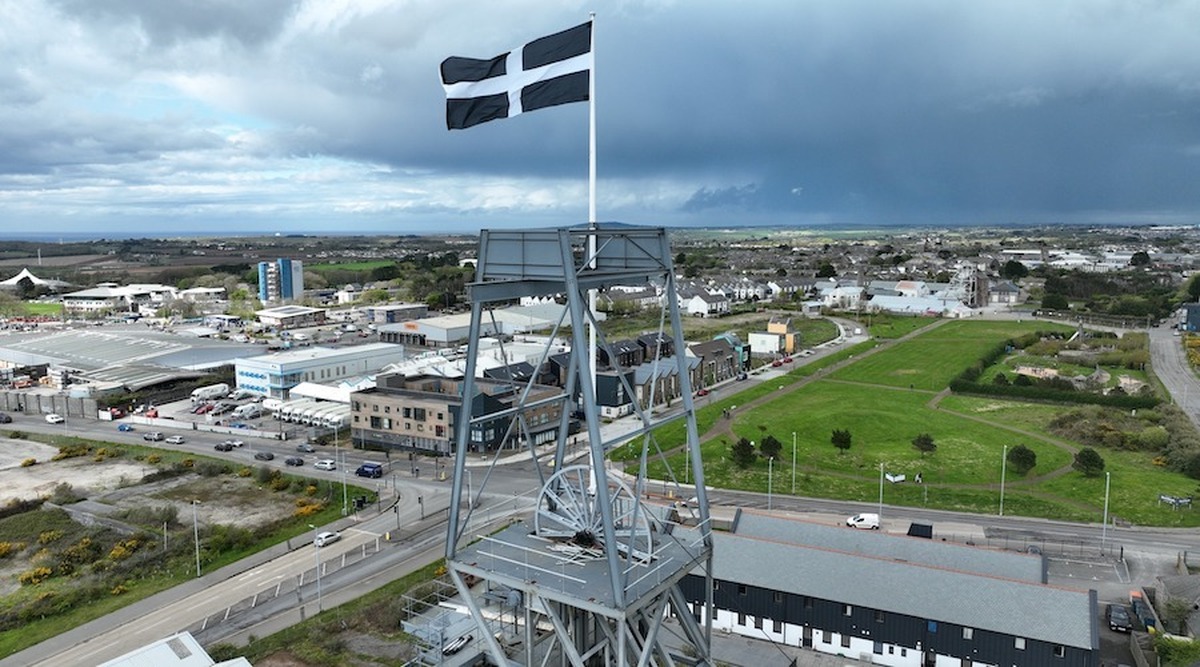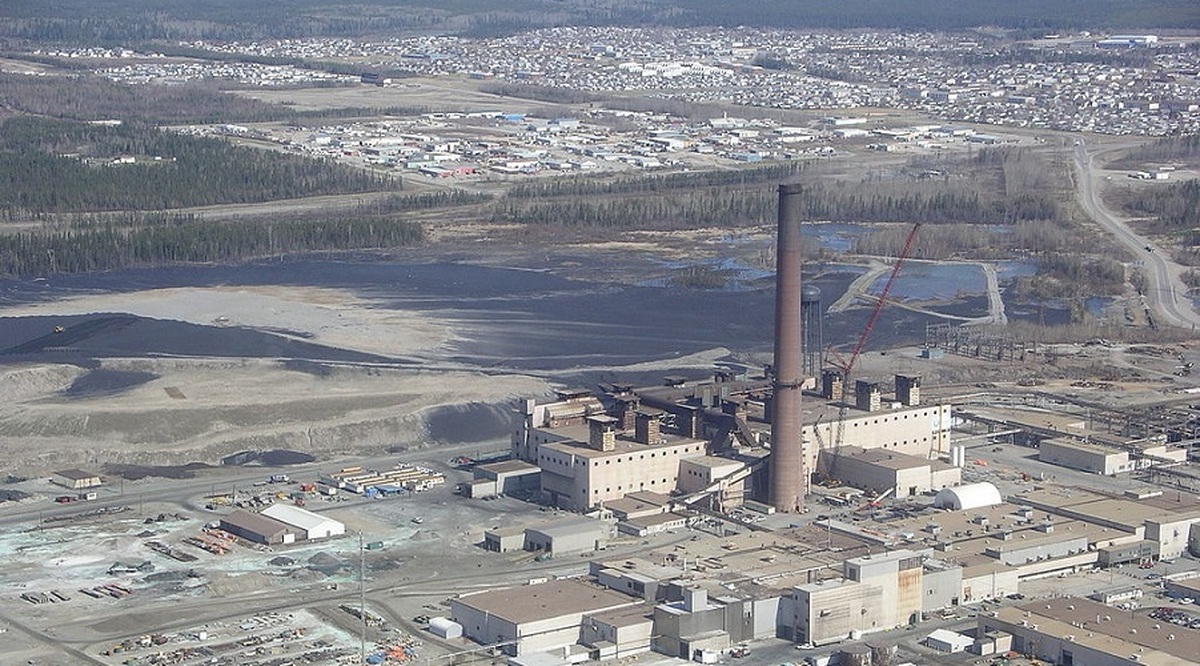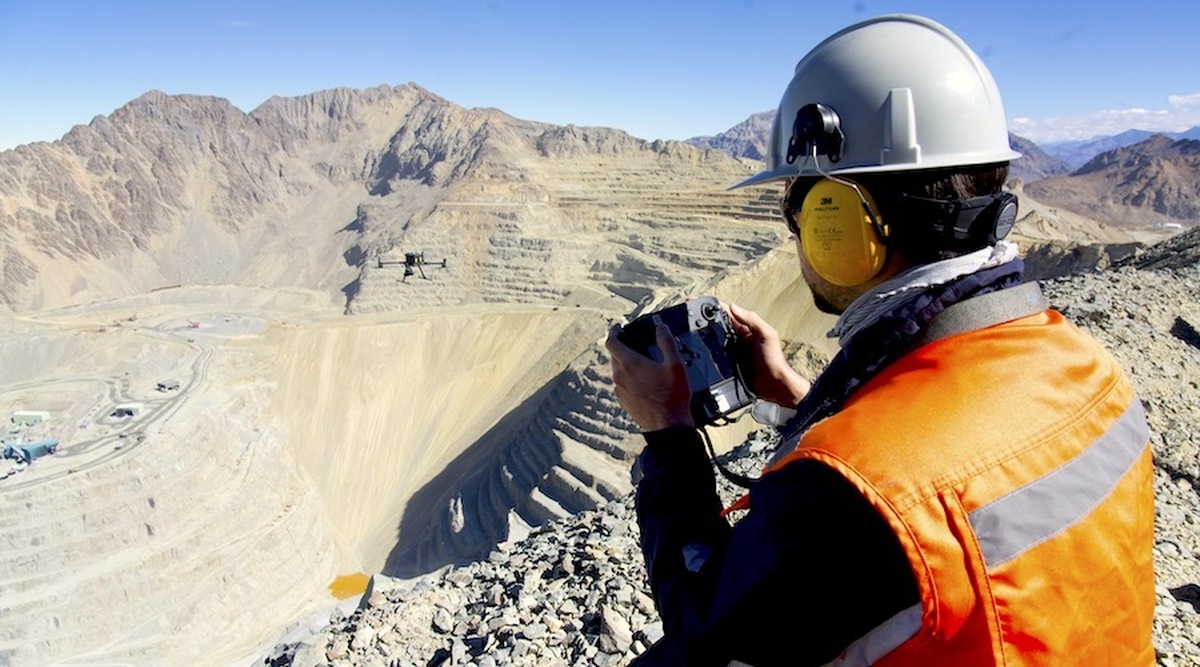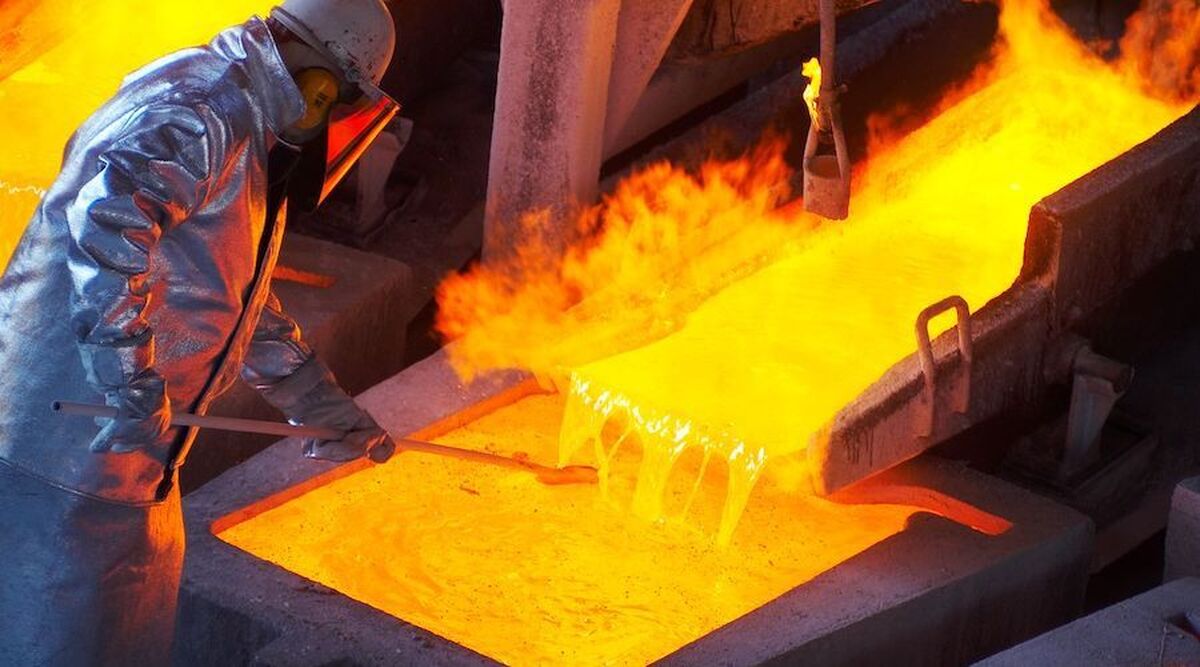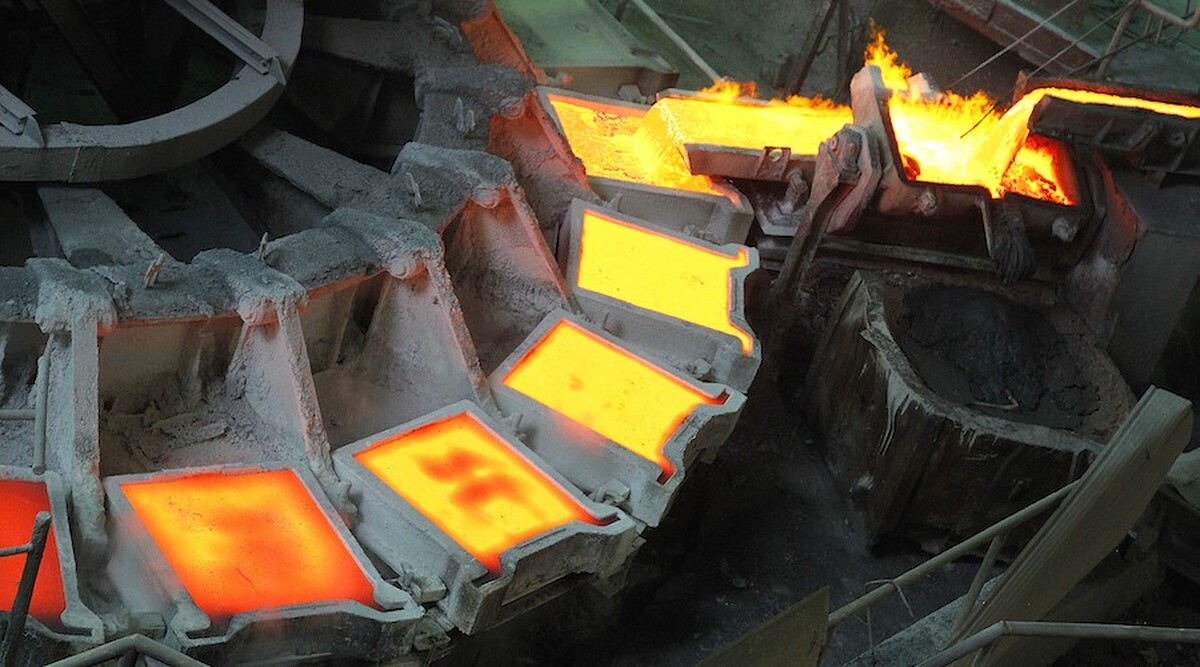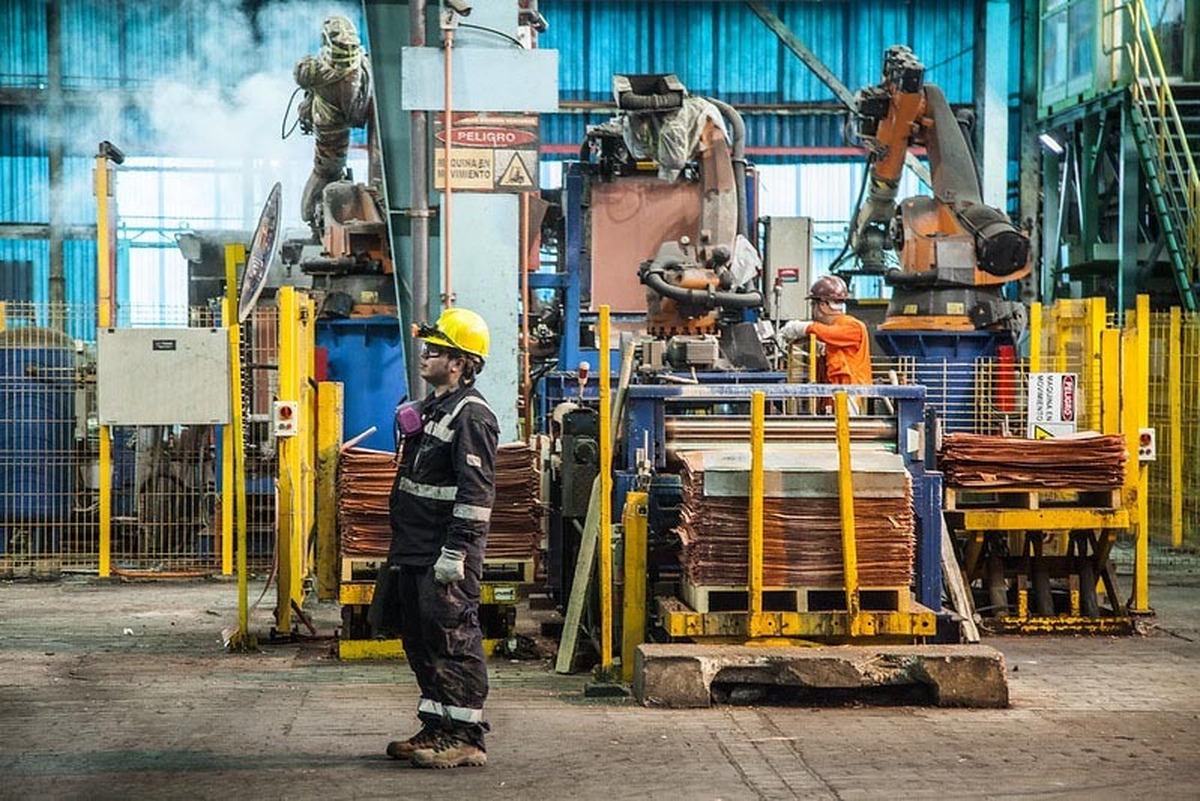
Codelco would keep more profits if Carolina Toha wins presidency in Chile

According to me-metals cited from mining.com, The state-owned firm, which has handed over 70% of its profit under current government policy, should be allowed to keep more as it spends at a record clip to revert a slump in copper output and enters the lithium business, Alvaro Garcia said, without specifying how much more.
“The tax burden that state coffers capture is a very high proportion of total profits,” Garcia said in an interview. “That’s what needs to change.”
Being able to retain more earnings would reduce Codelco’s reliance on the debt market to fund the $4 billion-plus a year in capital expenditures it has earmarked for the rest of the decade as it battles to recover from the lowest production levels in a quarter-century.
As production slumped through 2023, debt levels soared. Today, Codelco’s debt is by far the largest among major copper producers tracked by Bloomberg, at 5.9 times earnings before items. Codelco is playing catchup after decades of underinvestment that saw its ore-quality deteriorate, meaning it has to dig up more rock to produce the same amount of metal.
Garcia was deeply involved in the center-left administrations that governed Chile in the years following the end of the Augusto Pinochet dictatorship. He held numerous positions, including economy and energy minister for former President Eduardo Frei Ruiz-Tagle.
Now, he’s a top architect of proposals for Toha, the leading presidential contender on the left, who most recently served as interior minister to current President Gabriel Boric. A poll published by Cadem on Sunday placed Toha third in the race for head of state overall, with backing from 12% of respondents. She came in behind right-wing candidates Evelyn Matthei and Jose Antonio Kast. Still, if Toha gets through to a run-off vote in December, she would consolidate support from the left.
Economic growth
Complicating matters for Codelco is a regulation to also hand over 10% of sales. The company has debt payments of about $940 million and $1 billion this year and next, respectively, according to data compiled by Bloomberg.
The firm’s credit rating was already cut in 2023, and research center Cesco has warned that debt could rise to $30 billion by the end of the decade from over $20 billion now, pushing leverage to the limit.
The team of right-wing presidential candidate, Johannes Kaiser, has said he’ll consider incorporating private capital into Codelco and selling non-core assets if elected. Other candidates are yet to lay out their plans for the state company.
“They need money, and not allowing them to retain funds means much more debt will be incurred,” said BTG Pactual analyst Cesar Perez-Novoa, who specializes in natural resources.
For Garcia, the government would be able to make up for the eventual loss in revenue by spurring the economy. A Toha administration would boost growth by leveraging renewable energy, rare earths and minerals, with Garcia saying “their demand has only increased.”
A crux of Toha’s plans is luring investments through a multipronged approach that includes slashing project approval times and other red tape, jump-starting spending on infrastructure like ports and lowering taxes on businesses, he said.
While declining to give specifics on how far those levies would fall, Garcia said he could revive the reform proposal recently shelved by Finance Minister Mario Marcel that called for lowering the corporate tax rate to 24% from 27%.
Under the campaign’s plans, the corporate tax rate would be reduced and that revenue loss would then be compensated by hikes to levies, “particularly on individual income,” Garcia said.
The tax reform is a priority to “increase the speed and attractiveness of investing in Chile,” he said.
Hard Right
Going forward, Toha will continue traveling around Chile in coming weeks ahead of the June 29 primary vote for leftist presidential hopefuls, strengthening her ties with different associations and pitching her plan of a national political project that brings together representatives from different sectors, Garcia said.
If victorious in that vote — with key competitors including former Labor Minister Jeannette Jara and lower house Deputy Gonzalo Winter — Toha would advance to the first-round presidential election against center and right-wing candidates on Nov. 16. An eventual run-off would take place on Dec. 14.
Investors have started to price in a win for the right amid voter angst over crime and clandestine migration. But fragmentation among conservatives could hinder their chances.
“Evelyn Matthei should cover the political center,” Garcia said. “But, if we look at what has happened, it’s the opposite. Evelyn Matthei has been dedicated to competing with the extreme right candidates, bringing her positions closer to their’s instead of moving away.”
At the same time, however, many Chile-watchers say Toha’s ties to Boric’s administration could undercut her chances. Boric’s government was approved by only 22% of respondents, according to a Centro de Estudios Publicos poll published on May 7, the lowest level of his term.
About 60% of survey respondents said the government should focus more on crime, which was Toha’s top priority as interior minister. Her experience under the current president is a plus, Garcia said.
“One thing we want to continue is exactly what Carolina Toha did in this government by strengthening the institutions that provide security to the people of this country,” he said. “Materializing all the new institutionalism that was generated under Toha’s leadership will be a fundamental task.”
source: mining.com


Gold price edges up as market awaits Fed minutes, Powell speech

Glencore trader who led ill-fated battery recycling push to exit

Emirates Global Aluminium unit to exit Guinea after mine seized

Iron ore price dips on China blast furnace cuts, US trade restrictions

Roshel, Swebor partner to produce ballistic-grade steel in Canada

US hikes steel, aluminum tariffs on imported wind turbines, cranes, railcars

EverMetal launches US-based critical metals recycling platform

Afghanistan says China seeks its participation in Belt and Road Initiative

Trump weighs using $2 billion in CHIPS Act funding for critical minerals

First Quantum drops plan to sell stakes in Zambia copper mines

Ivanhoe advances Kamoa dewatering plan, plans forecasts

Texas factory gives Chinese copper firm an edge in tariff war

Pan American locks in $2.1B takeover of MAG Silver
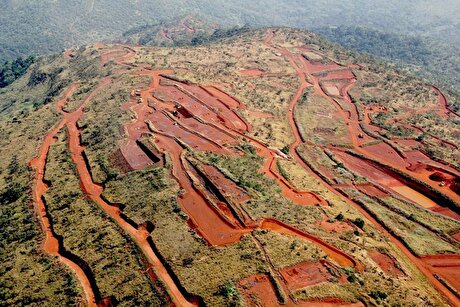
Iron ore prices hit one-week high after fatal incident halts Rio Tinto’s Simandou project
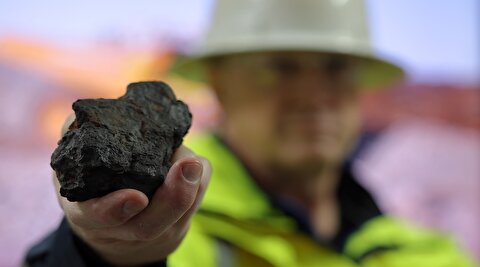
US adds copper, potash, silicon in critical minerals list shake-up

Barrick’s Reko Diq in line for $410M ADB backing

Gold price gains 1% as Powell gives dovish signal

Electra converts debt, launches $30M raise to jumpstart stalled cobalt refinery

Gold boom drives rising costs for Aussie producers

First Quantum drops plan to sell stakes in Zambia copper mines

Ivanhoe advances Kamoa dewatering plan, plans forecasts

Texas factory gives Chinese copper firm an edge in tariff war

Pan American locks in $2.1B takeover of MAG Silver

Iron ore prices hit one-week high after fatal incident halts Rio Tinto’s Simandou project

US adds copper, potash, silicon in critical minerals list shake-up

Barrick’s Reko Diq in line for $410M ADB backing

Gold price gains 1% as Powell gives dovish signal

Electra converts debt, launches $30M raise to jumpstart stalled cobalt refinery

